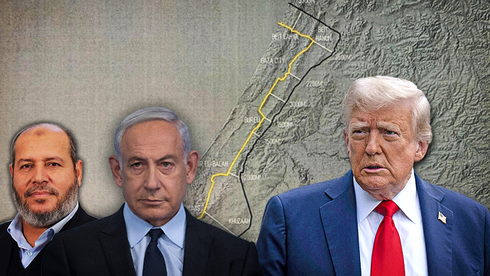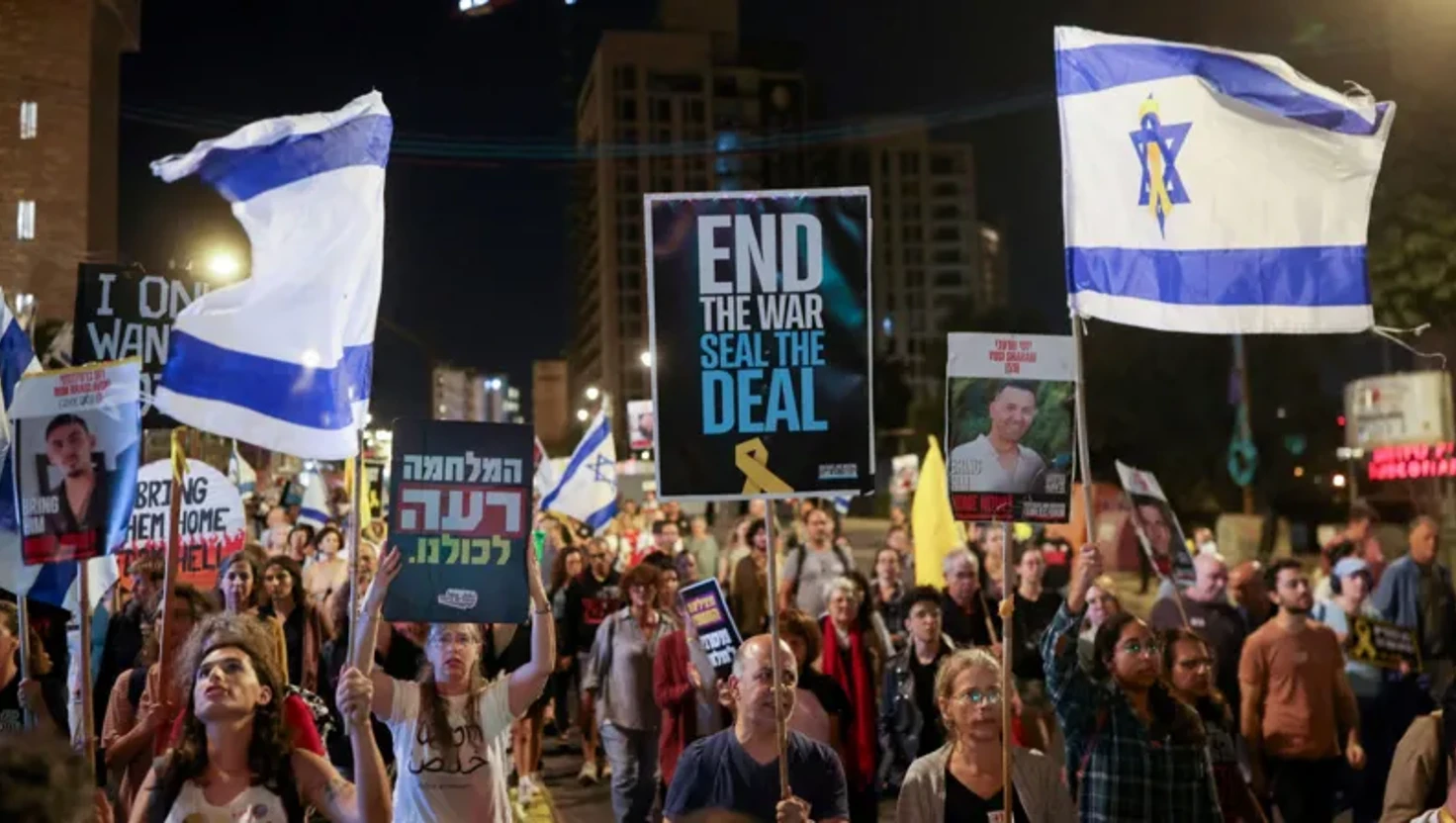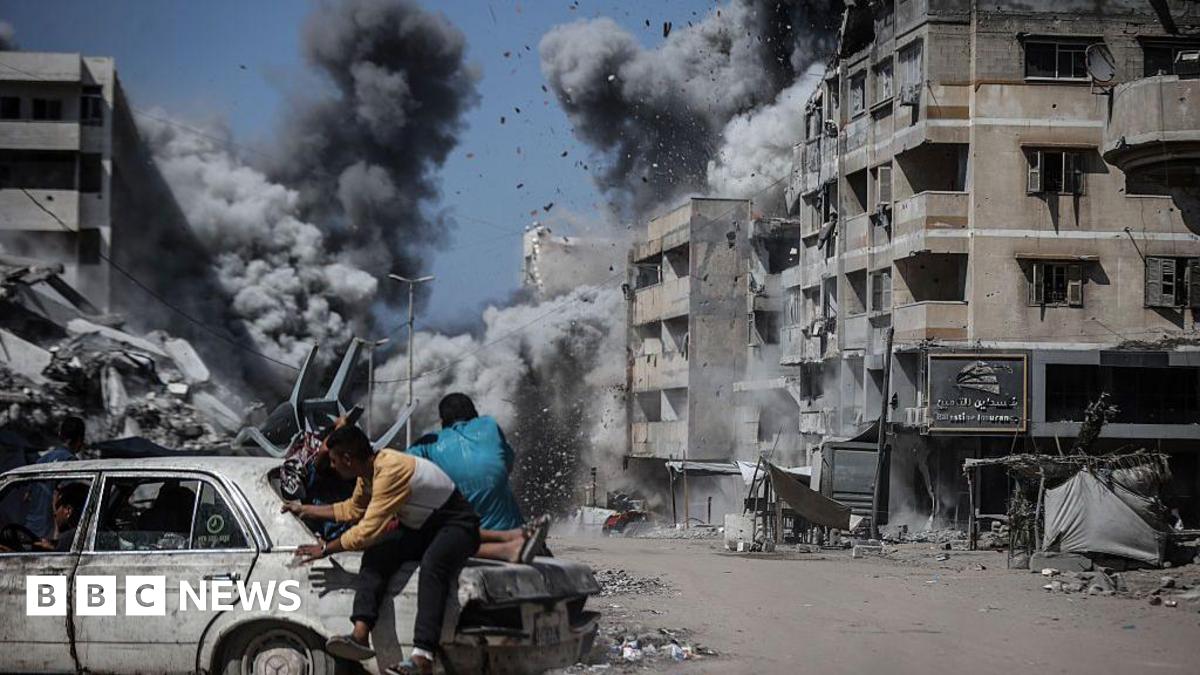Trump Announces Gaza Peace Plan as Negotiators Head to Egypt
Negotiators from Israel and Hamas are scheduled to meet in Sharm El-Sheikh, Egypt for indirect talks aimed at ending the two-year Israel-Gaza war. This development follows President Donald Trump's unveiling of a 20-point peace plan, which both sides have reportedly agreed to in principle. The plan aims to secure the release of remaining hostages and establish a path towards long-term stability in the region.
Trump's Peace Plan: Key Proposals
President Trump has presented a detailed proposal to de-escalate the conflict. The core tenets of the plan include:
- An immediate cessation of hostilities upon agreement from both sides.
- Hamas to release all remaining hostages within 72 hours, including the remains of deceased hostages.
- In exchange, Israel will release 250 prisoners serving life sentences and 1,700 Gazans detained after October 7, 2023, with considerations for the remains of deceased individuals on both sides.
- A phased withdrawal of Israeli forces from Gaza.
- The establishment of a "Board of Peace" led by President Trump and former British Prime Minister Tony Blair to oversee Gaza's transition.
- An "international Stabilization Force" to deploy in Gaza, train Palestinian police, and ensure security.
The plan aims to foster a "better Gaza" and encourages people to stay, offering them opportunities for development. Crucially, it states that "no one will be forced to leave Gaza, and those who wish to leave will be free to do so and free to return". The framework allows for amnesty for Hamas members who commit to peaceful coexistence and decommission their weapons.
Reactions to the Peace Plan
Reactions to Trump's plan have been varied. Israeli Prime Minister Benjamin Netanyahu has expressed support, warning that if Hamas rejects the plan or acts against it, Israel will "finish the job by itself." However, some members of Netanyahu's cabinet have voiced opposition. Hamas has stated that they will review the plan “in good faith”.
International responses have been largely positive. Key Arab and Muslim nations like Saudi Arabia, Jordan, UAE, Qatar and Egypt have welcomed the efforts. European leaders, including the EU chief Antonio Costa, British PM Keir Starmer, and French President Emmanuel Macron have expressed their support.
In Gaza, however, residents have expressed skepticism. Some fear the plan is a "farce" that fails to end the war, while others remain cautiously optimistic. The Palestinian Authority has welcomed Trump's efforts and reiterated its commitment to working towards a two-state solution.
Challenges and Future Implications
Despite the progress, significant challenges remain. Saudi Arabia has insisted on a clear path to a two-state solution before normalizing relations with Israel. Netanyahu has repeatedly rejected a Palestinian state. The level of pressure that Trump is willing to apply to Netanyahu to ensure a deal on both sides remains uncertain.
The next few days will be critical as negotiators gather in Egypt to discuss the details of the plan. Key areas of focus include the positioning of Israeli forces, humanitarian aid, and prisoner exchange. The success of these talks will determine whether the region can move towards a lasting peace or if the conflict will continue.
| Key Player | Stance |
|---|---|
| Donald Trump | Proposes and promotes the peace plan |
| Benjamin Netanyahu | Supports the plan with reservations regarding PA's role |
| Hamas | Reviewing the plan |
| Saudi Arabia | Conditional support based on two-state solution |
| Palestinian Authority | Welcomes the effort |
 Visit the website
Visit the website






